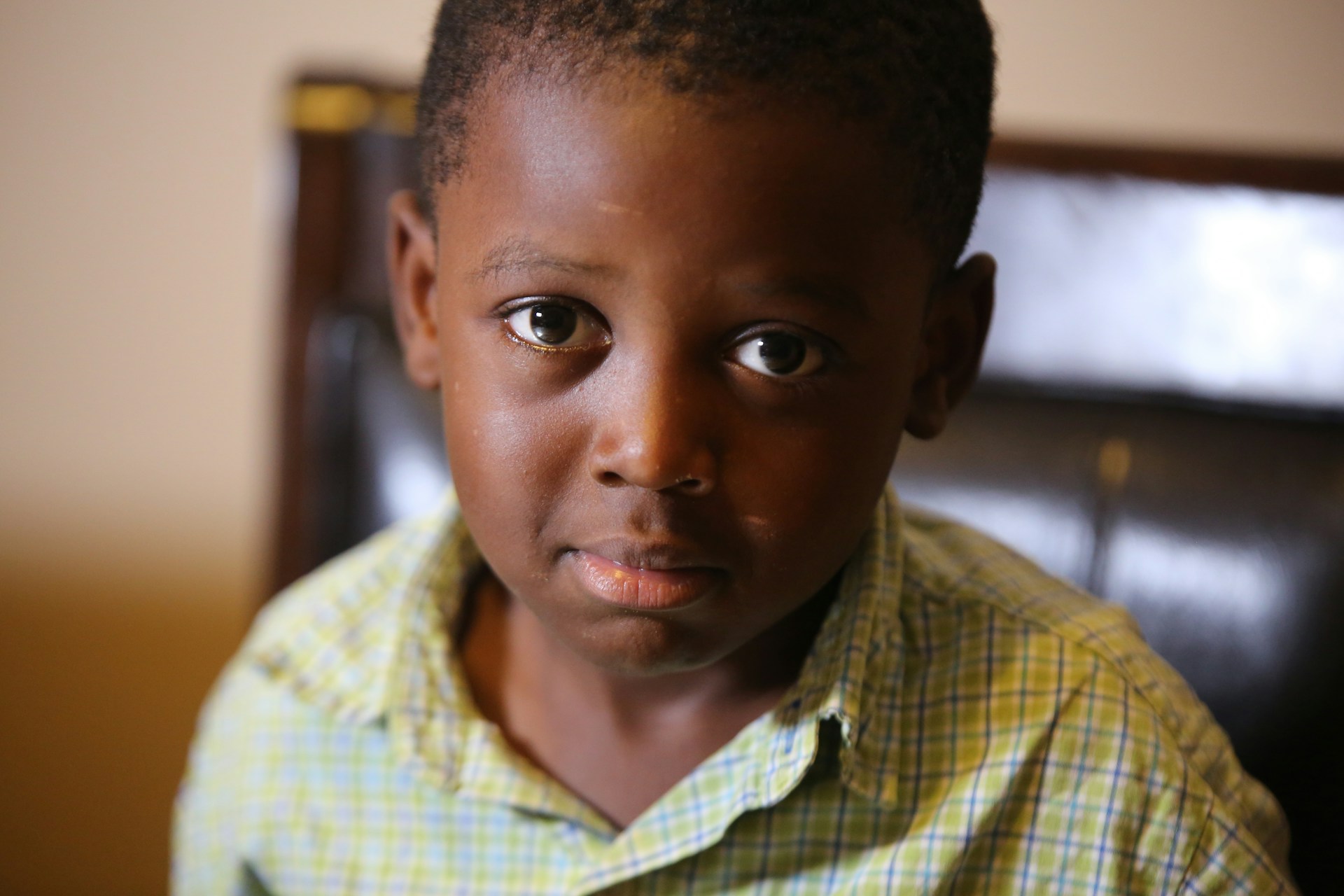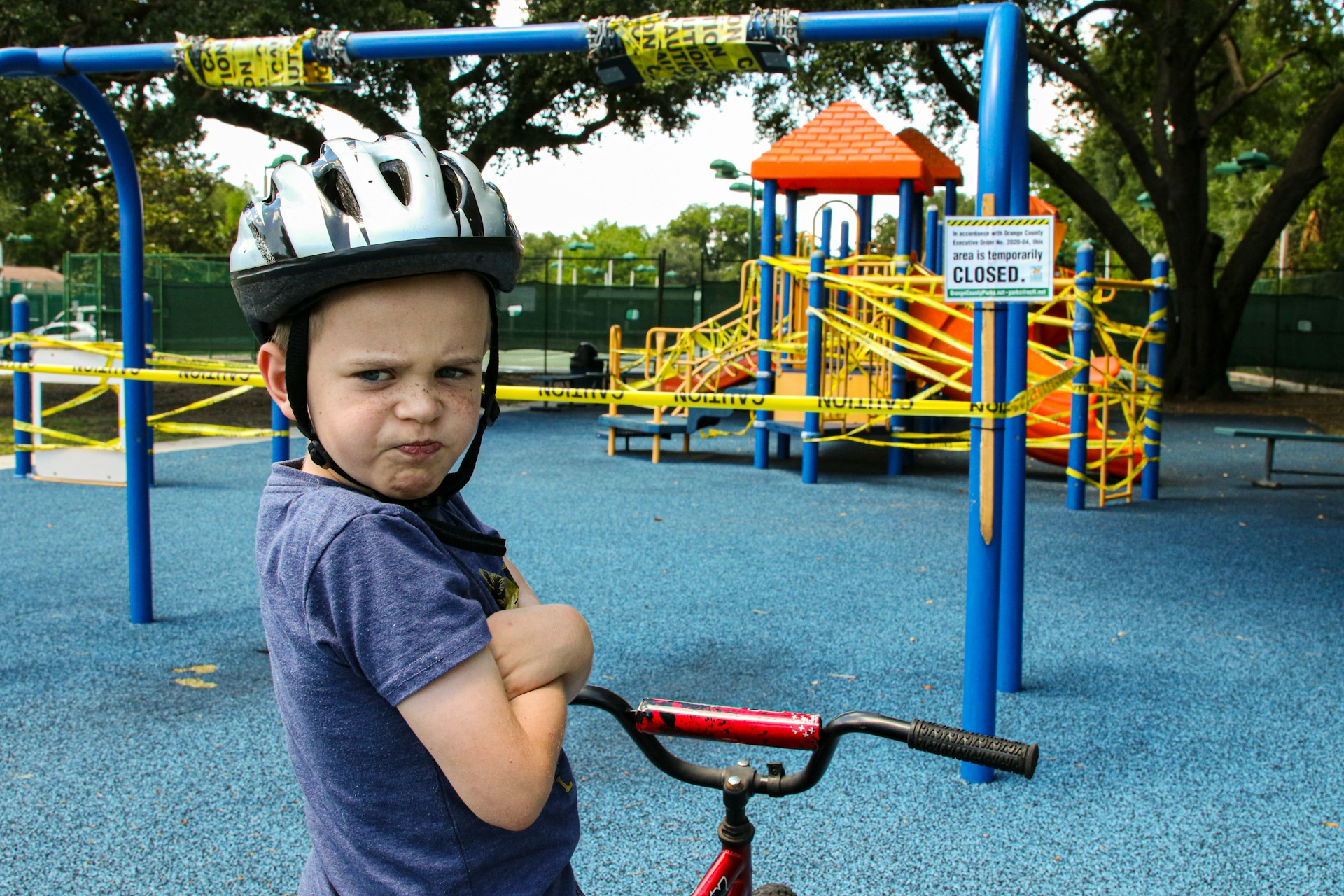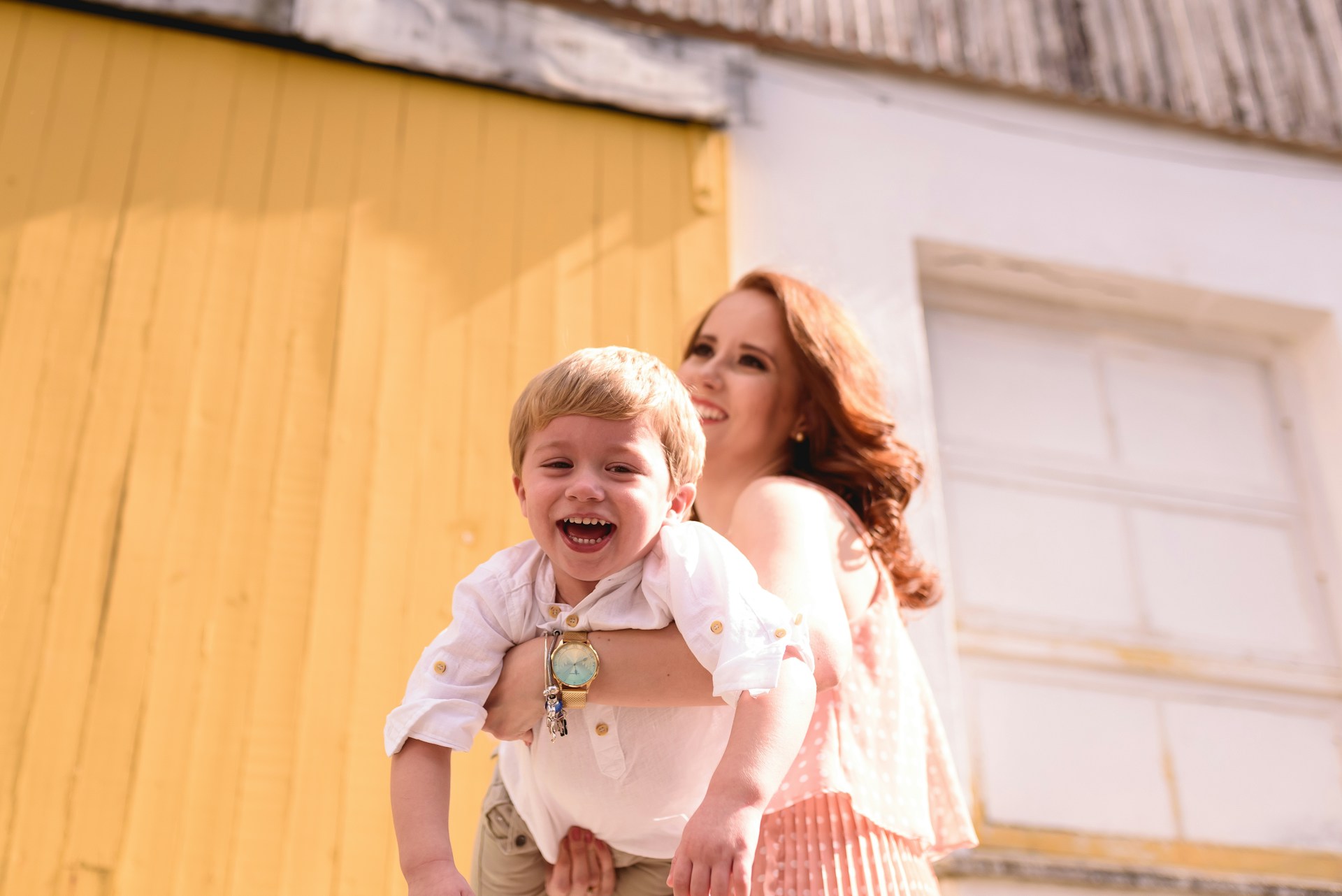Losing a child’s trust can devastate both parties—you may not have meant to hurt them, but now they won’t talk to you or have shut you out entirely. It’s difficult to know where exactly things went wrong, but here are some of the ways trust can be broken, and a few of the ways you can mend it.
1. Broken Promises
Avoid making promises you can’t or won’t follow through on. It’s hurtful when children are promised something and it doesn’t happen, even if you had good intentions. Work on remaining true to your word so trust remains intact.
2. Lashing Out
When you tell your child, “You can tell me anything,” don’t lash out when they take your offer. They won’t come to you if you get angry or threaten punishment every time. Listen to what’s going on and work on solutions together.
 Photo by Chinh Le Duc on Unsplash
Photo by Chinh Le Duc on Unsplash
3. Insults
Let’s say your child won a difficult video game level. Maybe they tell you that a teacher is being unfair to them. Whatever their news, don’t dismiss it as “unimportant.” You may think it’s funny to chuckle at their “little win” or fluff off their concerns, but children remember your reactions.
 Photo by Francois B. Arthanas on Unsplash
Photo by Francois B. Arthanas on Unsplash
4. Talking About Them
Don’t talk about your child like they’re not in the room. Whether it’s to another adult or even in front of their sibling, discuss grievances with the child in question. Talking about your child like they aren’t there can easily make them feel ashamed or disrespected.
 Photo by 🇸🇮 Janko Ferlič on Unsplash
Photo by 🇸🇮 Janko Ferlič on Unsplash
5. Physical Punishment
Physical discipline is one of the fastest ways to break bonds with your child. Even the threat of physical punishment, regardless of whether or not you follow through, can scare a child from approaching you.
 Photo by Séan Gorman on Unsplash
Photo by Séan Gorman on Unsplash
6. Shaming Them
Your child knows they messed up after you discipline them—they don’t need embarrassing reminders. Don’t have them relive mistakes to someone else and don’t use mistakes against them down the road.
 Photo by Zahra Amiri on Unsplash
Photo by Zahra Amiri on Unsplash
7. Sharing Secrets
Keep your child’s secrets between you; their confessions aren’t something to share with your friends or other parents. You also need to remember that you won’t have access to every part of their lives, which means you shouldn’t snoop through their diaries either.
 Photo by Mick Haupt on Unsplash
Photo by Mick Haupt on Unsplash
8. Ignoring Problems
It can take a lot for children to voice concerns, so make sure you listen. If a child tells you that they’re depressed or having an issue with their friend, offer solutions rather than dismissing it. Even if you don't think their issues are a big deal, they’re a big deal to your child.
 Photo by Tadeusz Lakota on Unsplash
Photo by Tadeusz Lakota on Unsplash
9. Lack of Acceptance
Should your child come to you with news of their sexuality or gender preferences, accept it. Don’t throw them out or try to talk them out of it or tell them it’s just a phase. They’ve trusted you with important information; the best thing you can do is love and accept them.
 Photo by Mikail Duran on Unsplash
Photo by Mikail Duran on Unsplash
10. Not Taking Accountability
It’s hard for anyone to take responsibility, but it’s a crucial component of trust. Avoid passive-aggressive apologies or phrases like, “I guess I’m a terrible parent”—getting defensive can further damage relationships.
 Photo by Brett Jordan on Unsplash
Photo by Brett Jordan on Unsplash
Now let’s dive into how you can maintain trust between you and your child.
1. Apologize
First and foremost, apologize if your child says you hurt them. It may not be easy, but it will be vital to maintaining your relationship. Don’t get defensive or make excuses either. Even if you didn’t mean to hurt them, you may have, and saying sorry is the first step to healing.
 Photo by Jon Flobrant on Unsplash
Photo by Jon Flobrant on Unsplash
2. Take Responsibility
Saying sorry is one thing, but owning up to mistakes is another. Admitting that you may have said or done the wrong thing shows your child that you understand where they’re coming from. Actions also speak louder than words.
 Photo by Bruno Nascimento on Unsplash
Photo by Bruno Nascimento on Unsplash
3. Listen to Them
When your child tells you something, listen. Before you say anything else or work on solutions, hear your child out so they know they can come to you in the future.
 Photo by Fernanda Greppe on Unsplash
Photo by Fernanda Greppe on Unsplash
4. Open Conversations
Transparent conversations show your kids that you’re willing to talk things out with them. Keep them in the loop, be honest, and don’t be afraid to have the hard discussions. Honest communication over judgment also nourishes trust between you.
 Photo by Sai De Silva on Unsplash
Photo by Sai De Silva on Unsplash
5. Give it Time
If trust is on shaky ground, accept that it takes time to rebuild. You can’t do any more than you’re doing now, so let your child come to you when they feel comfortable—so long as you’ve made it clear they can do so.
 Photo by Annie Spratt on Unsplash
Photo by Annie Spratt on Unsplash
6. Show Respect
Showing respect is harder than it first appears, especially because “little things” can sometimes mean a great deal to children. Sharing embarrassing photos on social media, revealing their crushes to your friends, or going through their journal are just some of the ways you wreck trust—and some of the things to avoid.
 Photo by Nikola Saliba on Unsplash
Photo by Nikola Saliba on Unsplash
7. Be Available to Help
Make time for your kids when they need a shoulder to cry on or an ear to listen. Even amid a jam-packed schedule, be available so your children know they can rely on you.
 Photo by Jimmy Dean on Unsplash
Photo by Jimmy Dean on Unsplash
8. Positive Reinforcement
Support your child in their endeavors. Pay them compliments, offer a kind word, and show up for them as they navigate life—a constant, positive presence in their life is one they can trust.
 Photo by Zach Lucero on Unsplash
Photo by Zach Lucero on Unsplash
9. Have Rules
You’re a parent first, not a friend. Ensure there are rules in place and make sure your children know the boundaries. Following through on rules is just as important as following through on promises.
10. Continuous Work
Maintaining (or repairing) trust won’t happen overnight. Trust is a two-way street and you need to set an example for your children. Remember that trust won’t survive if only one party puts in all the effort.










